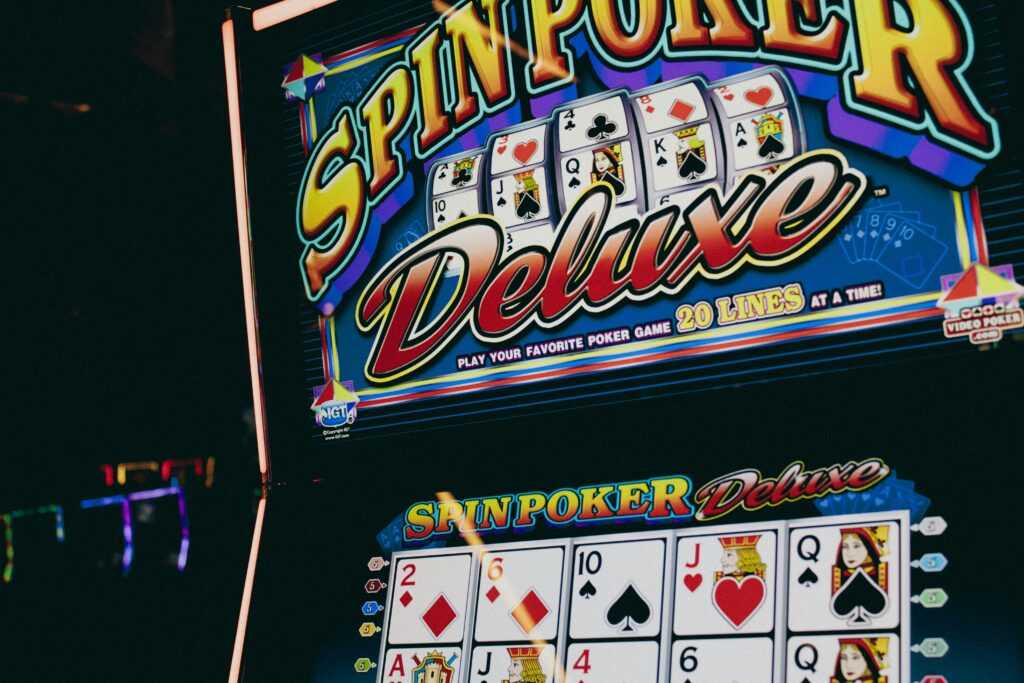The intricate workings of reward-based digital platforms offer a fascinating glimpse into human behavior and motivation. By strategically tapping into incentives, behavioral conditioning, dopamine release, social proof, and FOMO, these platforms wield a powerful influence on user engagement.
The interplay of rewards, personalized incentives, and notifications triggers a cascade of responses in the brain, fostering a profound sense of pleasure and satisfaction. This manipulation of psychological triggers raises intriguing questions about the impact of such platforms on our daily lives and decision-making processes, prompting a deeper exploration into the underlying mechanisms at play.
The Power of Incentives
In the domain of behavioral psychology, the concept of incentives plays a pivotal role in shaping human motivation, decision-making, and ultimately, behavior on reward-based digital platforms.
Incentives are external stimuli that propel individuals towards specific actions or behaviors by promising a reward in return. On digital platforms, incentives are strategically employed to influence user behavior, encourage engagement, and foster repeat interactions.
Research indicates that the effectiveness of incentives lies in their ability to trigger the brain’s reward system, releasing neurotransmitters like dopamine that create feelings of pleasure and reinforcement. This neurological response reinforces the connection between the behavior and the reward, increasing the likelihood of its repetition.
Moreover, incentives can be tailored to individuals based on their preferences, behaviors, and past interactions on digital platforms. Personalized incentives have been shown to have a more significant impact on motivating users and driving desired actions, as they cater to the unique needs and interests of each individual.
Behavioral Conditioning Techniques
Behavioral conditioning techniques are fundamental strategies utilized to shape and modify user behavior on reward-based digital platforms, capitalizing on psychological principles to drive engagement and desired actions.
These techniques draw from behavioral psychology theories, such as operant conditioning and classical conditioning, to influence how users interact with digital platforms.
Operant conditioning involves using rewards and punishments to reinforce or extinguish specific behaviors. For instance, offering users points or badges for completing certain tasks can encourage them to continue engaging with the online casino Malaysia platform.
On the other hand, classical conditioning pairs a stimulus with a conditioned response to create associations. Notifications or sounds signaling a new reward can trigger excitement and anticipation in users, driving them to regularly check the platform.
Dopamine and User Engagement
The role of dopamine in influencing user engagement on reward-based digital platforms is an essential aspect of understanding user behavior and motivation.
Dopamine, often referred to as the ‘feel-good’ neurotransmitter, plays a significant role in the brain’s reward system. When users interact with digital platforms that offer rewards, such as likes, comments, or virtual badges, their brains release dopamine, creating a sense of pleasure and satisfaction.
This dopamine release reinforces the behavior, making users more likely to continue engaging with the platform in pursuit of that rewarding feeling.
Research suggests that the anticipation of a reward, rather than the reward itself, triggers the highest levels of dopamine release. This insight is vital for digital platform designers seeking to enhance user engagement.
By strategically incorporating elements that create anticipation, such as progress bars, notifications, or personalized recommendations, platforms can effectively boost dopamine levels and, in turn, increase user engagement and retention.
Understanding the intricate relationship between dopamine and user engagement is key to designing successful reward-based digital platforms.
Social Proof and FOMO
Research indicates that the principles of social proof and the fear of missing out (FOMO) play significant roles in shaping user behavior on digital platforms. Social proof leverages the concept that people tend to follow the actions of others, assuming those actions reflect the correct behavior in a given situation.
This psychological phenomenon creates a sense of validation and trust, influencing users to engage more with content or products that others have endorsed or interacted with.
Moreover, FOMO, characterized by the apprehension of missing out on rewarding experiences others are having, intensifies the drive for user engagement. Digital platforms strategically use tactics like countdown timers, limited availability alerts, or live updates to trigger FOMO responses, compelling users to act promptly to avoid missing out on perceived benefits or opportunities.
Understanding and incorporating these psychological triggers into platform design can enhance user engagement and retention. By tapping into social proof and FOMO, digital platforms can create a sense of urgency and exclusivity, fostering a dynamic and interactive user experience.
Creating Habit-Forming Experiences
Understanding the psychological mechanisms that underpin habit formation in digital platforms is essential for fostering long-term user engagement. Habit-forming experiences are crafted through a combination of triggers, actions, rewards, and investments, as proposed by the Hook Model developed by Nir Eyal.
Triggers prompt users to engage with a platform, actions refer to the behavior they perform, rewards provide gratification, and investments increase the likelihood of users returning.
To create habit-forming experiences, digital platforms often leverage variable rewards, such as personalized recommendations or exclusive content, to maintain user interest and anticipation. By incorporating elements of gamification, like progress tracking or achievement badges, platforms can enhance user motivation and drive habit formation.
Additionally, social reinforcement through likes, comments, or virtual rewards can further solidify user habits and foster a sense of belonging within the platform’s community. Ultimately, by understanding and implementing these psychological principles, digital platforms can cultivate habits that lead to sustained user engagement and loyalty.
Conclusion
To sum up, the intricate manipulation of human behavior through reward-based digital platforms showcases the profound impact of psychological principles on user engagement.
By strategically leveraging incentives, behavioral conditioning techniques, dopamine release, social proof, and FOMO, these platforms effectively shape user behavior and drive long-term engagement.
The creation of habit-forming experiences with variable rewards and social reinforcement exemplifies the power of psychological strategies in designing engaging online experiences.







